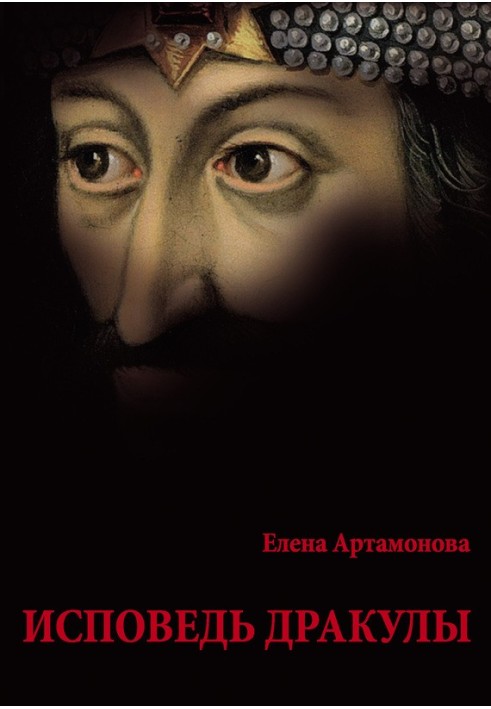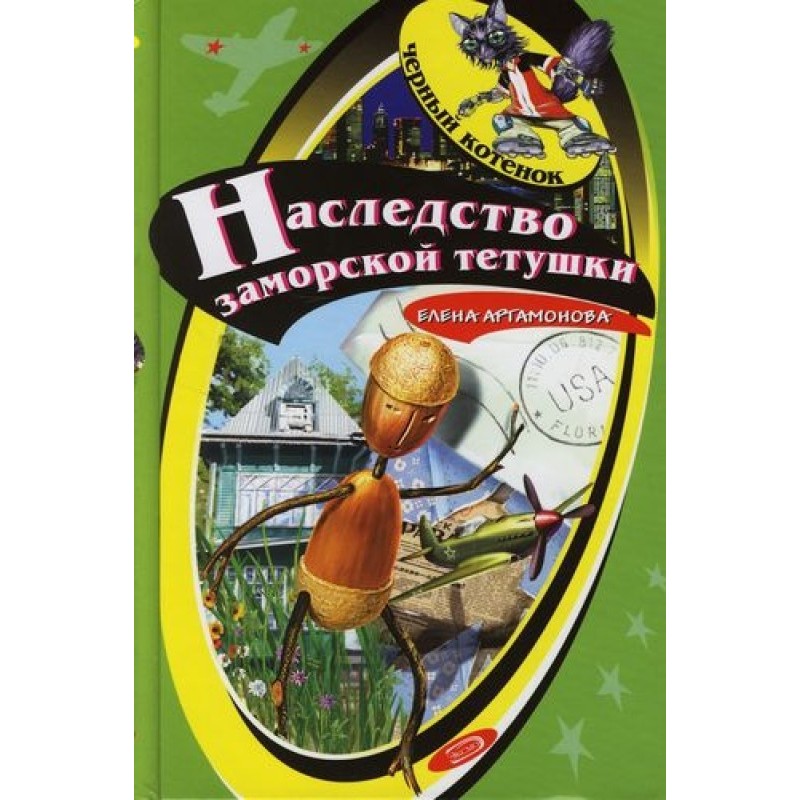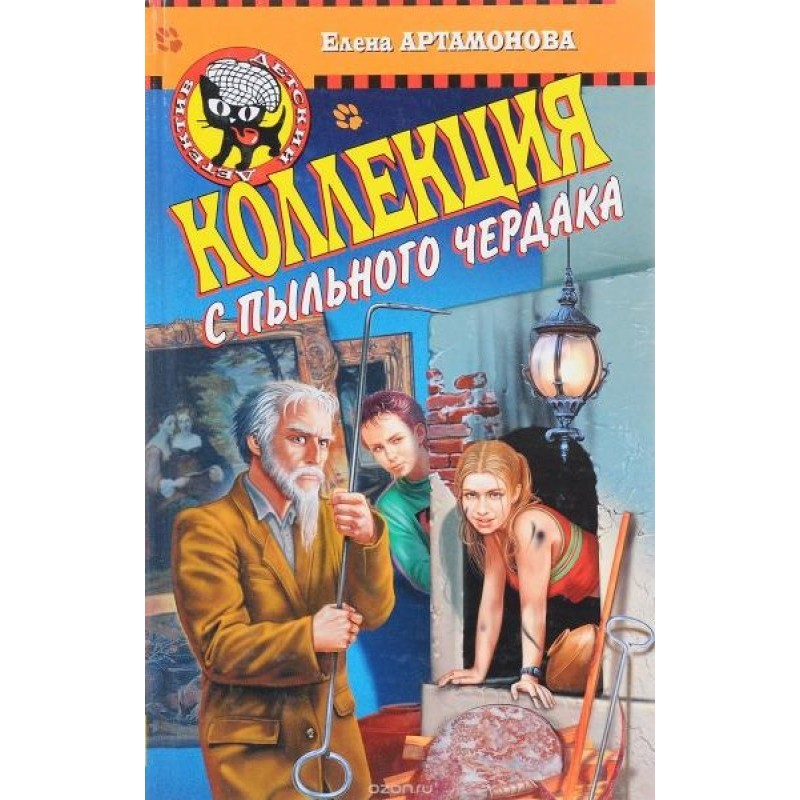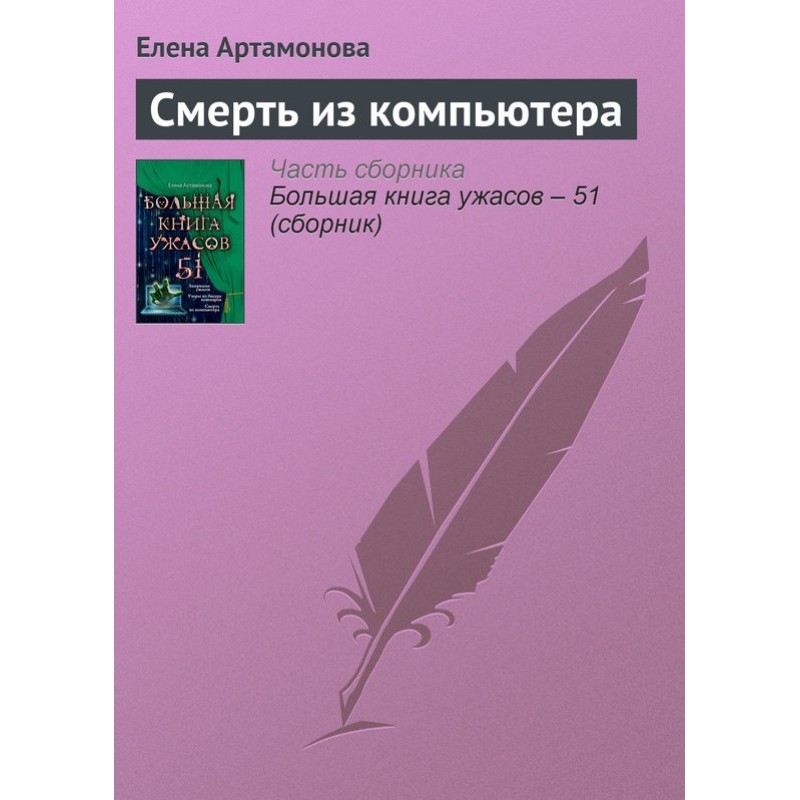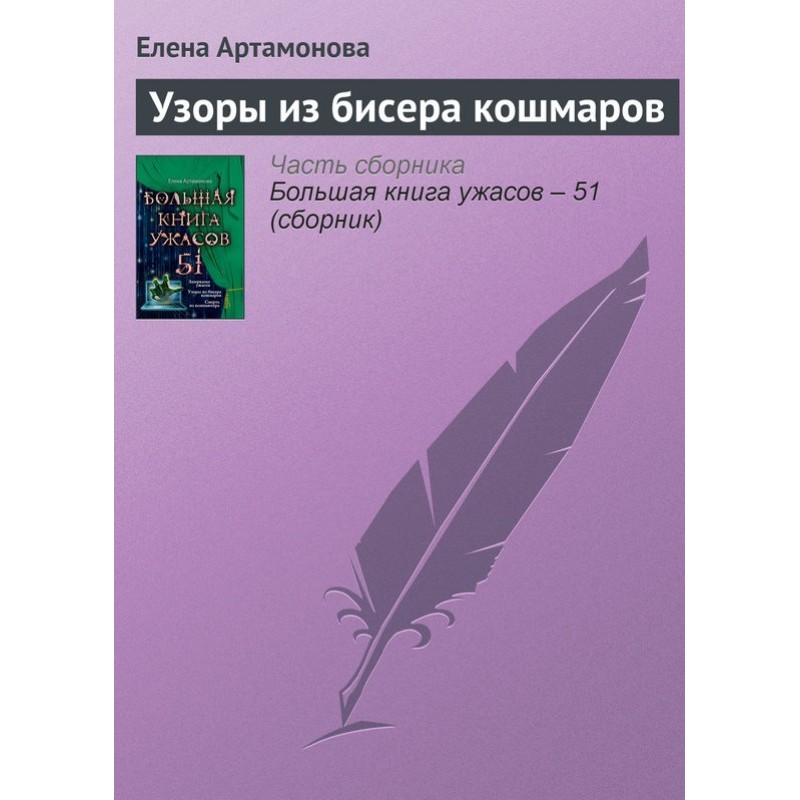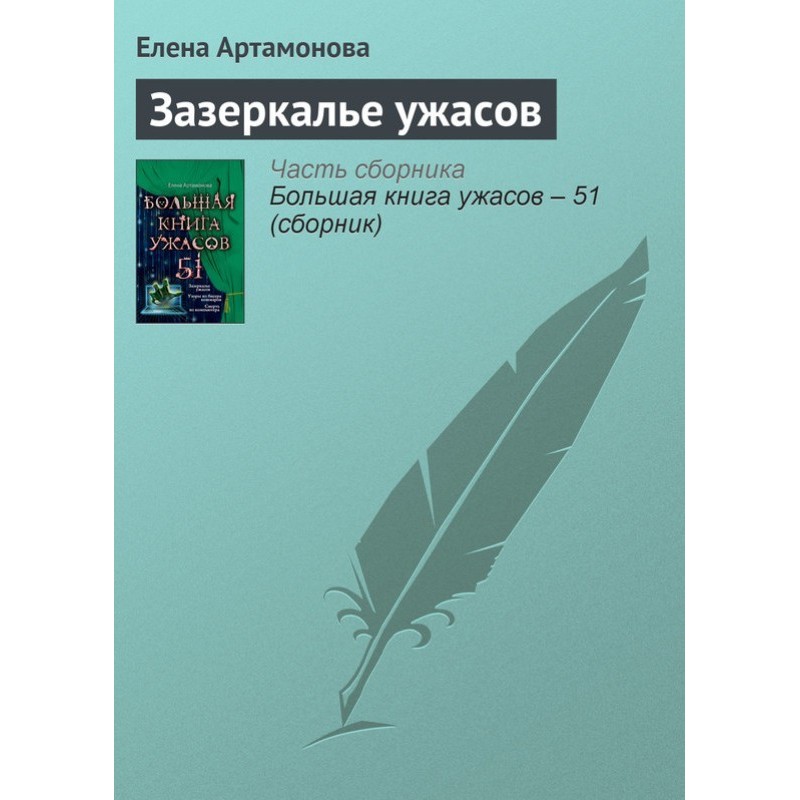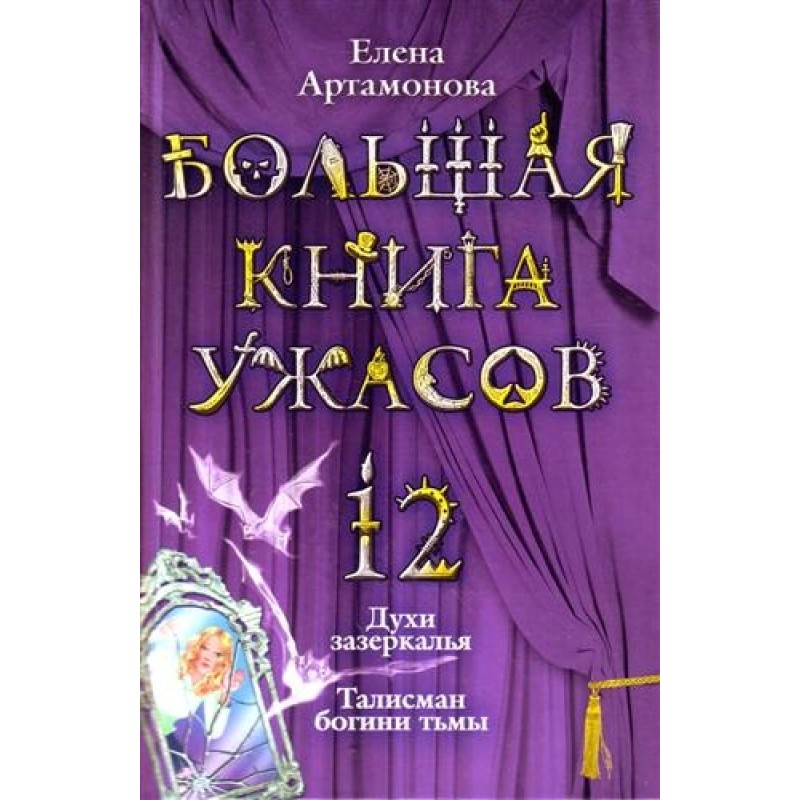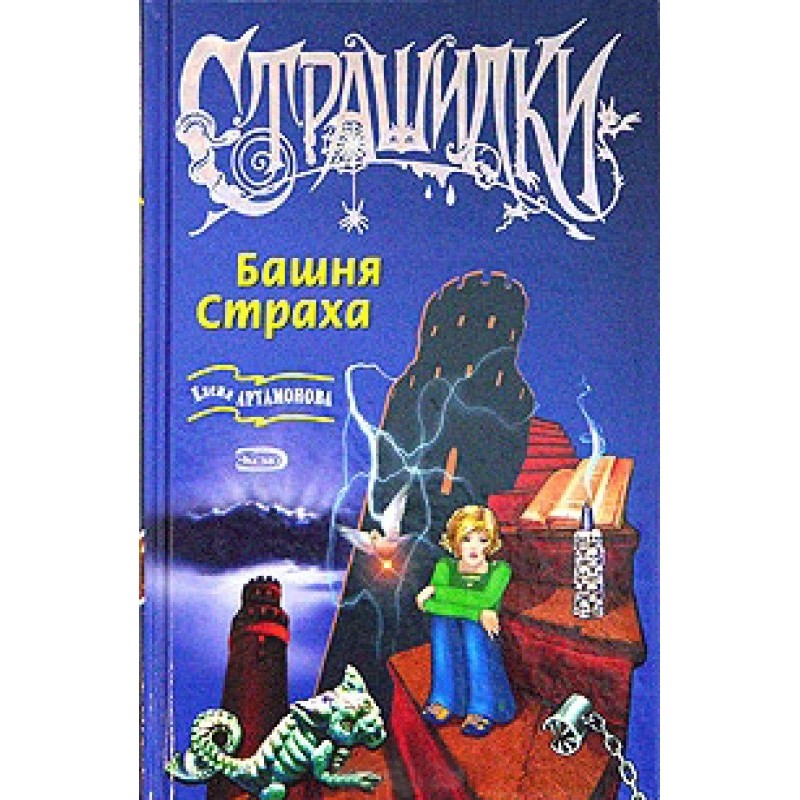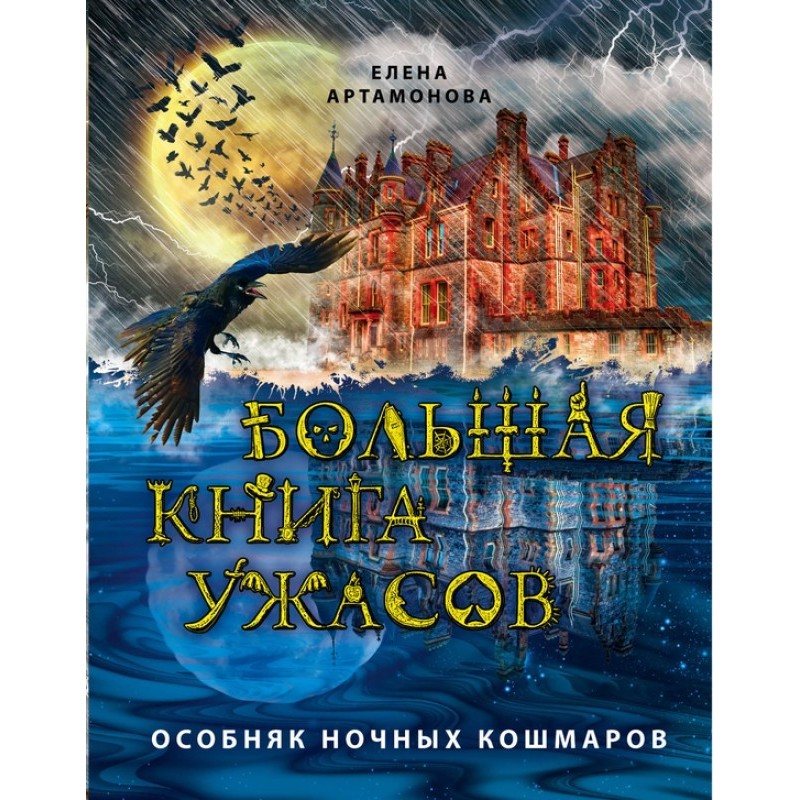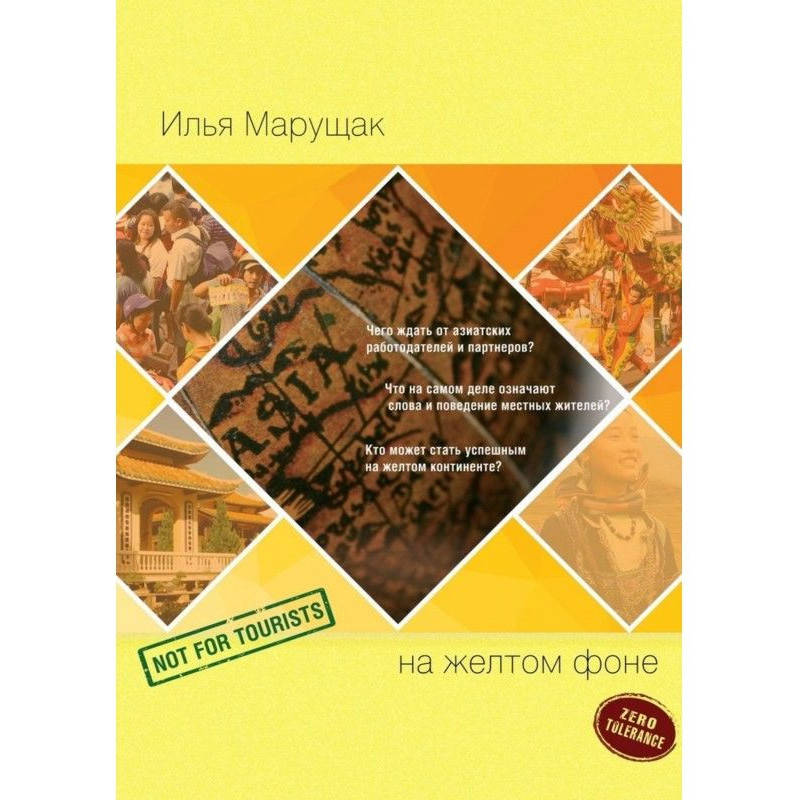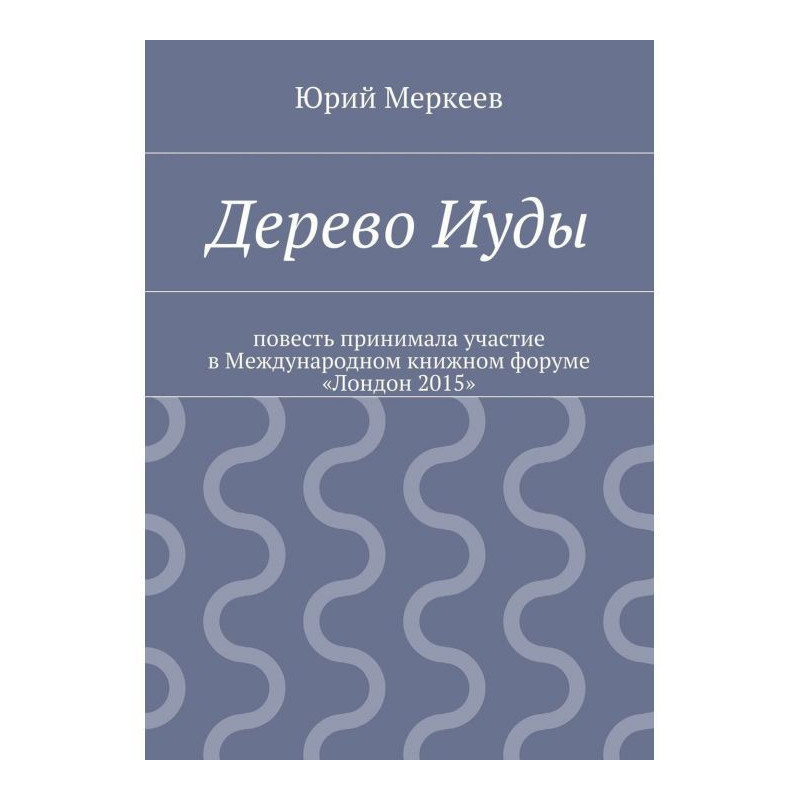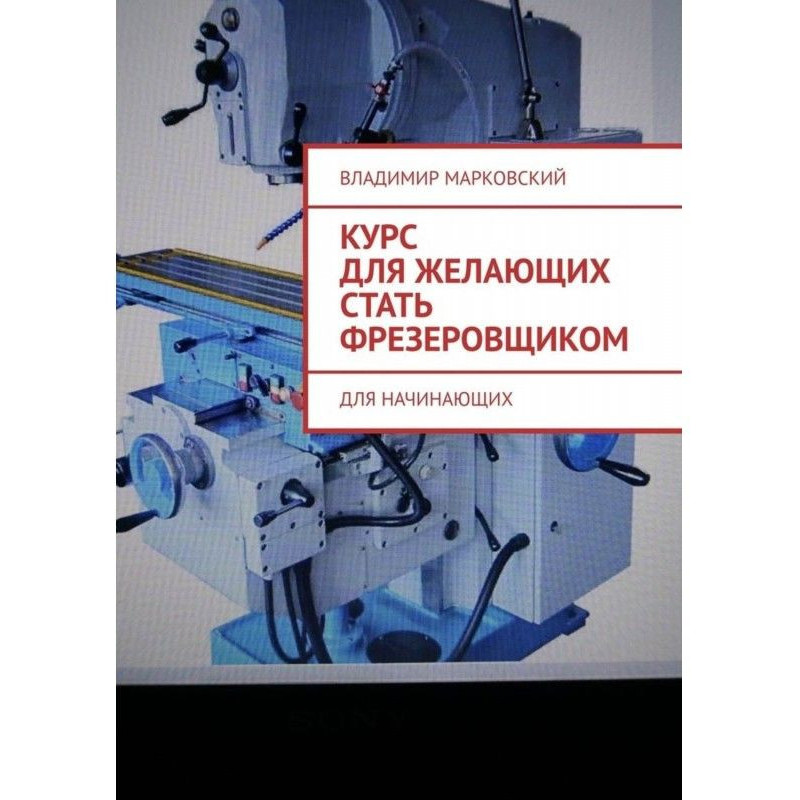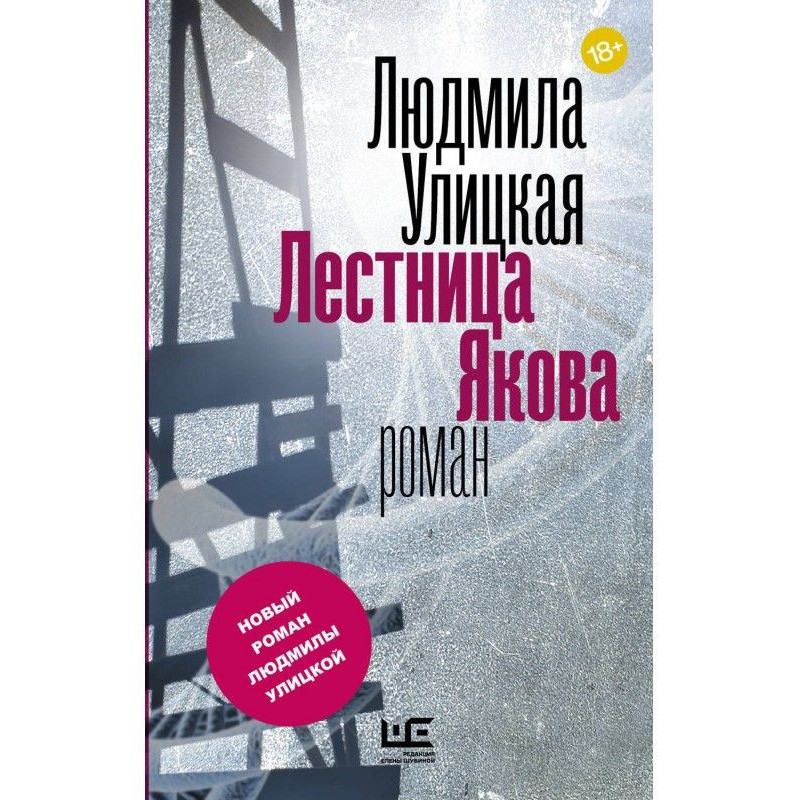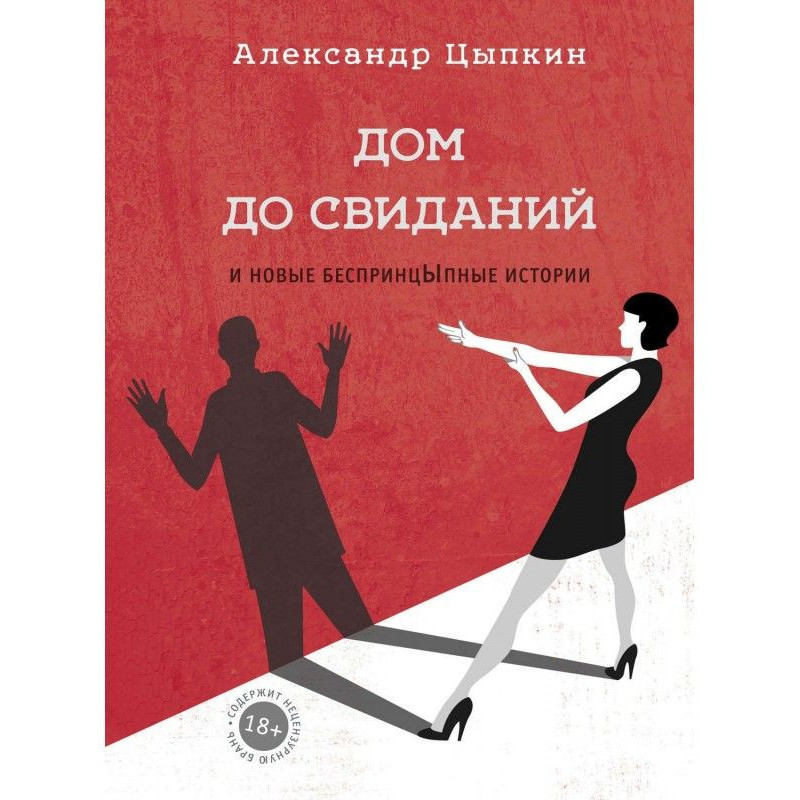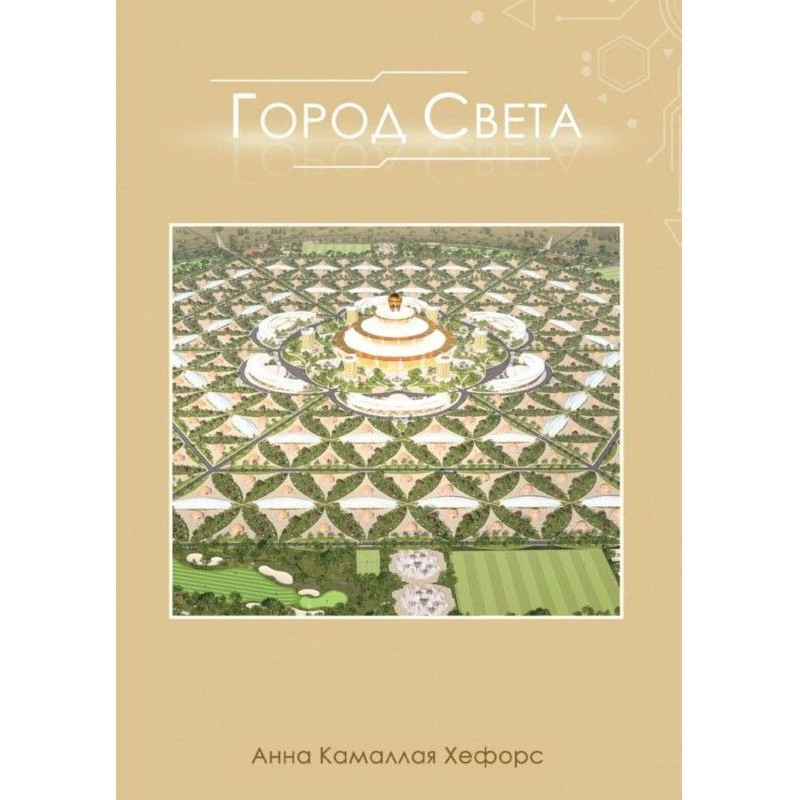Confessions of Dracula
 Instant download
Instant download
after payment (24/7)
 Wide range of formats
Wide range of formats
(for all gadgets)
 Full book
Full book
(including for Apple and Android)
Dracula... The ominous figure of “the main vampire of all times and peoples” has long become a textbook image, familiar almost from kindergarten. Everyone knows Dracula, but this knowledge is just a bizarre accumulation of folklore, real facts, phantoms created by Hollywood, idle speculation and slander. So who is hiding under the endless series of masks and incarnations, who is Vlad Dracula? A vampire? A brave warrior, famous for his victories? Son of Devil? Bloody tyrant? Victim of a cleverly woven conspiracy? The answer exists, but in order to find it, you need to look into the past and, based on eyewitness accounts, recreate the events of almost six hundred years ago... Elena Artamonova’s novel “Confessions of Dracula” is a unique work, which today has no analogues in literature dedicated to Vlad Dracula . As paradoxical as it sounds, until now the fate of Vlad Voevoda has not been “worthy” of becoming the subject of a serious historical research novel, combining both a deep scientific approach and a fascinating presentation of events. Elena Artamonova for the first time broke this sad tradition, most fully reflecting in her work the bright and tragic fate of the Romanian prince. “Dracula did not commit the atrocities attributed to him, and his reputation as a great monster arose through the efforts of the Hungarian king Matthias Corvinus, who solved his financial and political problems in this way” - this is the main idea of “Confessions of Dracula.” This statement sounds like a challenge to the tradition of “demonization” of Vlad the Voevoda that has developed over the past hundred years, but the author provides significant evidence of his correctness - numerous documents of the 15th century, including letters from Dracula himself, refuting the stereotypes prevailing in our time. The fate of the Romanian prince Vlad Dracula is interesting in itself, but we should not forget that the plot of the novel unfolds in the context of the events that took place on the Balkan Peninsula after the fall of Constantinople in 1453, during the era of the redistribution of Southern Europe, which had a huge impact on the history of the Russian state. Despite the abundance of historical information, “Confessions of Dracula” is easy to read and with interest - the novel contains elements of a detective investigation, vivid love and battle scenes, and lifts the curtain on the dark secrets of the late Middle Ages, which became the beginning of the heyday of the Inquisition.
Data sheet
- Name of the Author
- Елена Артамонова Вадимовна
- Language
- Russian
Reviews
Неймовірна подорож у світ історії та міфів!
Книга "Сповідь Дракули" - це справжній шедевр, який поєднує в собі глибокий науковий підхід та захоплюючий сюжет. Олена Артамонова майстерно розкриває таємниці життя Влада Дракули, спростовуючи численні міфи та стереотипи, які сформувалися навколо цієї легендарної постаті. Читання цієї книги - це не лише знайомство з історією, але й можливість зануритися в епоху, коли політичні інтриги та війни формували долі народів. Автор наводить безліч документальних свідчень, які роблять цю історію ще більш захоплюючою та правдоподібною. Яскраві батальні сцени, елементи детективного розслідування та романтичні лінії роблять книгу неймовірно динамічною. Рекомендую всім, хто цікавиться історією, вампірами та просто хоче прочитати щось дійсно цікаве!

